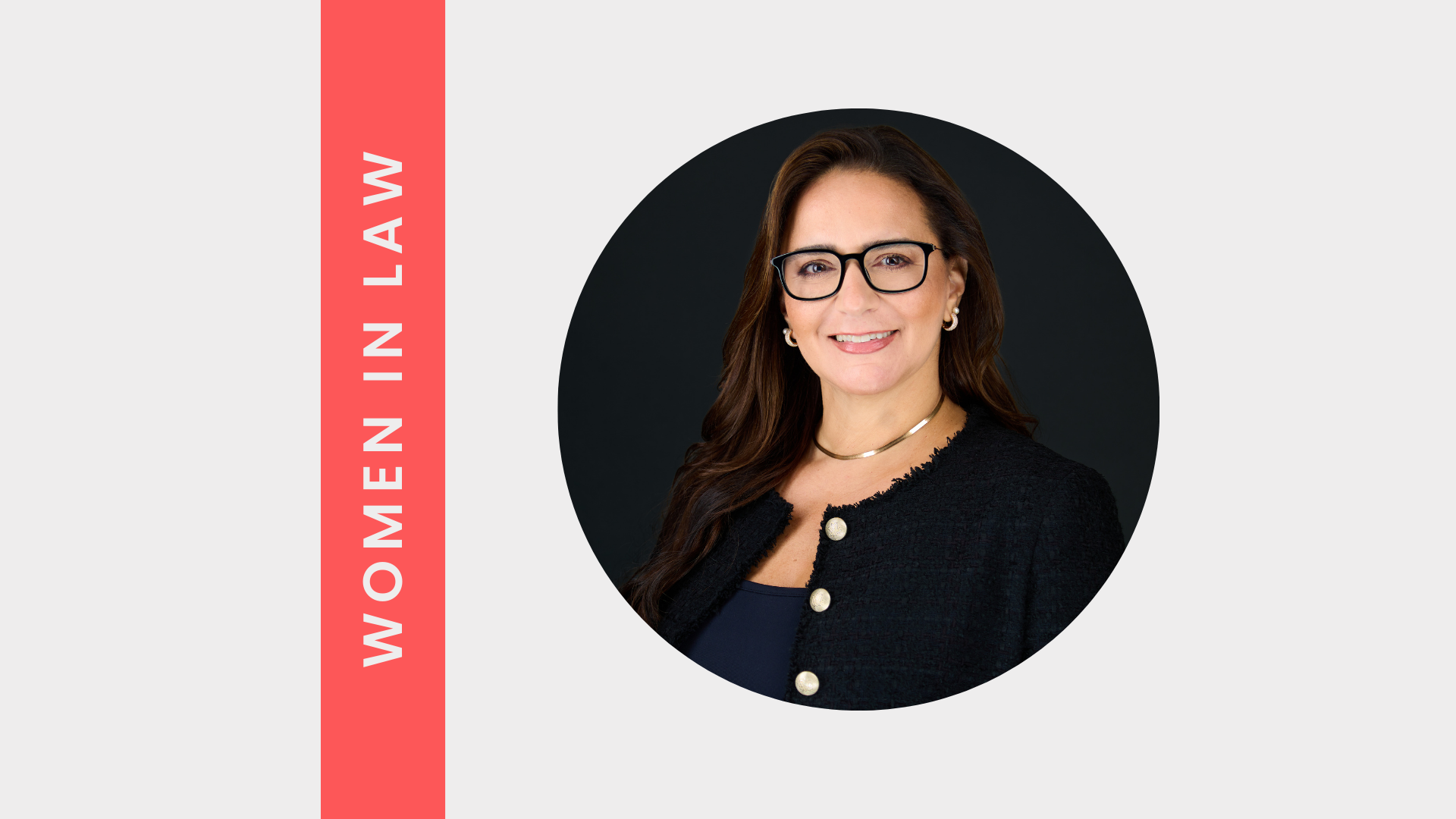5 easy steps to writing your CV
CV stands for “Curriculum Vitae”, meaning “course of life”. It should summarise your work experience, skills and education for potential employers.
How do you write a good CV though? This can be difficult to answer, considering each employers taste is different.
In this, part one of our “How to get a job” series, we'll show you how in five easy steps.
Before you begin, consider the following:
- Your CV should be roughly two A4 pages in length. If you have a lot of work experience, then make sure to pick and choose that which will be most valuable to your prospective employer.
- Make it easy to read – don’t use multiple fonts or font sizes or long rambling sentences to illustrate points that can be made using simple short sentences or bullet points.
- Use Microsoft Word (or similar) that can be opened easily.
- Label the file simply, including your name in the file-name, to make it easily identifiable when received.
- Adding a photograph of yourself on the CV is rarely necessary
- Be careful not to saturate your CV with graphics and decorative formatting as this can make reading, understanding and digesting it difficult at times.
- If you have work experiences similar to each other, try not to write detailed descriptions on each one which will become repetitive. Instead, only touch upon the aspects that made them different from your other roles.
Step 1: Personal Information
Start your CV with some personal information: your name, contact info etc. But avoid unnecessary details - information such as age, religion, gender, sexual orientation, race and marital status are superfluous and clutter what should be a concise document.
Treat the opening lines of your CV as a miniature cover letter; a short sales pitch of yourself contained within a couple of lines.
Step 2: Key Skills
List all of your skills which you believe are relevant to the job.
Top tip: Take a look at the job description of the role you’re applying for, and tailor your skills to what the employer is searching for.
Step 3: Education and Qualifications
- Depending on the amount of work experience you have, your education should either go near the beginning or at the end of your CV. If you’re a more senior skilled professional, then you’ll want to highlight your work experience first, as it is more relevant to what the employer wants.
- Dates you attended school are not necessary as they could elude to your age.
- You should always focus on your highest level of education. If you’re recently out of University, then place emphasis on your degree.
- Unless you’re applying for a role that it is relevant for, it’s often unnecessary to list every module your degree covered.
Step 4: Experience (Company name, Job Title, Employment Dates)
- Start this section by listing work experience that you feel is most relevant for the job.
- Don’t forget to explain your results and key achievements in each role.
- While references aren't normally necessary at this stage, a willingness to openly provide these without having to go through you first is sometimes viewed favourably as a sign of confidence.
- You could expand on your achievements by including direct quotes from your referees. In order to make them as effective as possible, make sure they support the skills you've referred to above. But remember, whilst this may impress your prospective employer, they may require them to be confirmed. So make sure you can always back them up!
Step 5: Hobbies and Interests
- It can either be beneficial or detrimental to include quirky hobbies on your CV. Similarly, hobbies such as watching TV could make you appear as lazy, which we don’t want them thinking!
- Link a hobby to a skill. For example, if previously you would have mentioned playing competitive sport as a hobby, you can link this to having a competitive nature, an often favourable trait.
- Try to avoid obvious and clichéd hobbies and interests such a ‘socializing with friends’ or ‘watching films’ as employers will see this on most CV’s.
At the end of the day, your CV may be up against dozens, if not hundreds. So it’s important to follow these clear guidelines to be in with the best chance of getting an interview!
Our latest insights







